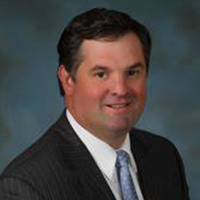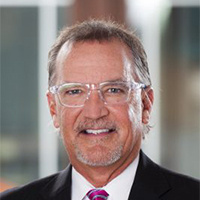Eddyville White Collar Crime Lawyer, Kentucky
Sponsored Law Firm
-
 x
x

Click For More Info:
-
The Law Offices of Richard L. Cooper, P.A.
848 Brickell Avenue Suite 800 Miami, FL 33131» view mapDWI/DUI, Drug Trafficking, Felony Nationally Ranked Top 40 Under 40
With Richard L. Cooper you can expect a trusted confidant who will work diligently to fully understand your case and determine a road map to help you regain control of your life.
800-756-2781
Not enough matches for Eddyville White Collar Crime lawyer.
Below are all Eddyville Criminal lawyers.
Sands M Chewning
✓ VERIFIEDEXPERIENCED HOPKINSVILLE LAWYER At the law office of Chewning & Chewning, we are strong advocates for the legal rights of individuals and families ... (more)
John C. Whitfield
✓ VERIFIEDFor over 38 years, John has been one of the premier trial attorneys in Kentucky and Tennessee. He has represented numerous injured parties in the Comm... (more)

 Richard L. Cooper Miami, FL
Richard L. Cooper Miami, FL AboutMiami Attorney at Law
AboutMiami Attorney at Law ServicesCriminal Defense
ServicesCriminal Defense


